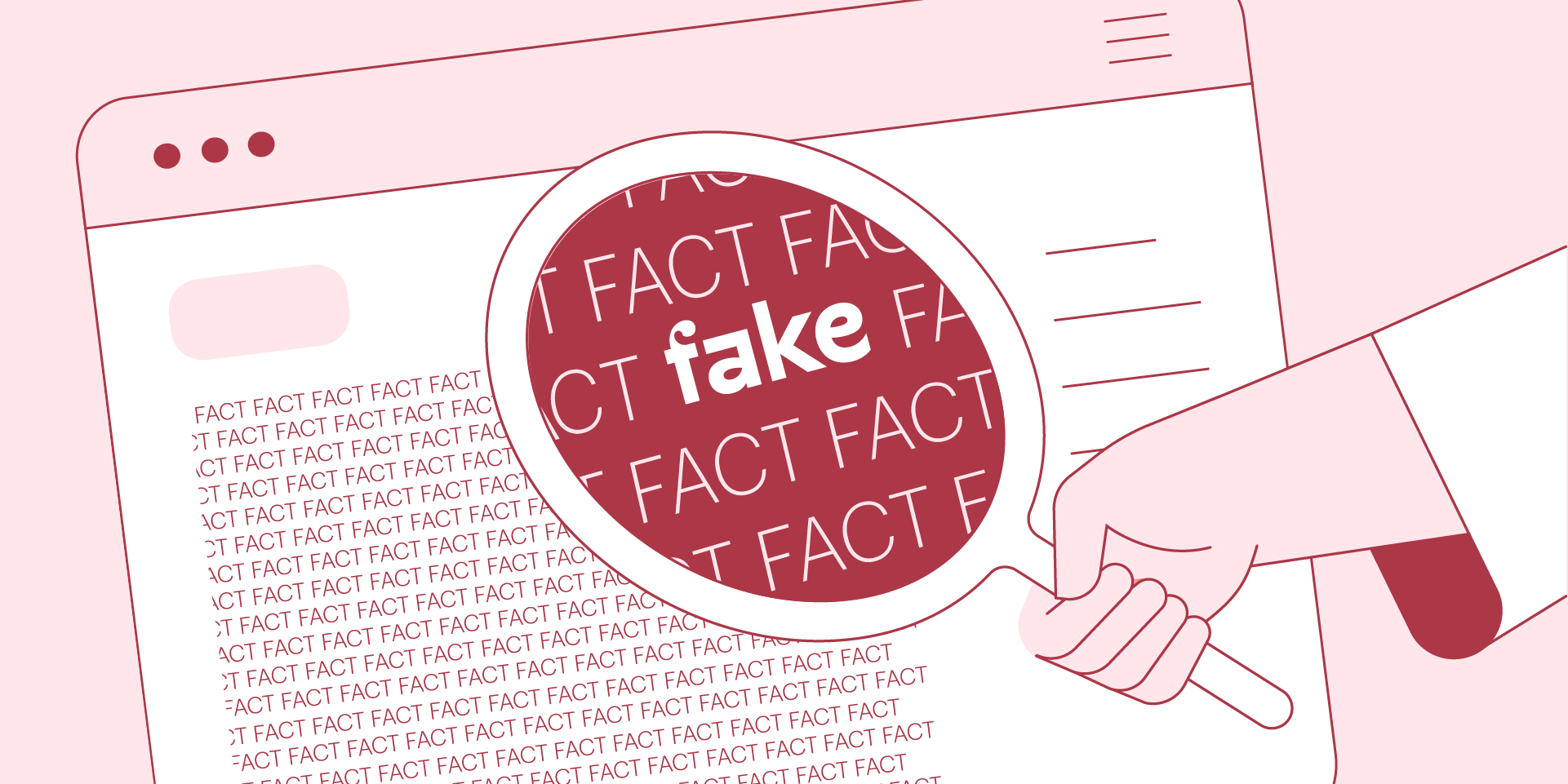Fake News WRT 118 Original Plagiarism (Newsletter)
For this project, I decided to ‘remix’ several Florida Man news articles and recent political developments to satirize the oversaturation of fake news floating around in the media.
My inspiration for this project came from last week’s “Something Borrowed” essay in which Lavery believed news could be freely borrowed from and used. After thinking about her rationale, I couldn’t help but draw parallels to what I like to think of as the Telephone phenomenon. Just like the childhood game, people tend to pick and choose from media sources and pass out their misleading concoction as truth. It’s interesting how even the wildest of spun stories are believed, allowing for a culmination of amplified fake news.
In regards to the originality of my project, I would say that it is simply a ‘remix’— original in its entirety yet plagiarized in its details. That is, my project is original in its specific meshing together of varying sources with my personal ideas. Yet it is simultaneously plagiarized in the sense that almost all of the words and images included in this project were not of me. The logo of “Fake News,” for example, is made up of copied and pasted letters from existing news outlets. The edited pictures of Biden and Trump are also pulled right off the Internet. Even the formatting of this project can be considered unoriginal: not only am I using a template from Canva, but I’m also borrowing from my roommate’s premium account!
With all that being said, I did choose to include these little plagiarisms for a reason.
By taking from different news articles—many of them with entirely different focuses and motives— and organizing their writing to make a completely new article, I wanted to emphasize how easy it can be to manipulate the truth and twist reality to fit a narrative.
I also settled on using the formatting of an Instagram story to comment on the role of social media in the rapid transmission of falsified information. This was something I really wanted to touch on due to the undeniable truth that Generation Z relies heavily on apps like TikTok and Instagram to stay updated on current affairs. Though this habit in itself isn’t problematic, it has allowed much of the younger generation to formulate their worldviews on unreliable journalism and ultimately help fuel polarization on the national scale.

Comments are closed, but trackbacks and pingbacks are open.